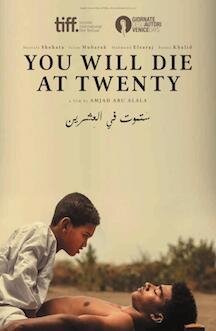Direction: Filippo Meneghetti
Country: France
Construed as a bittersweet hymn of love, Two of Us is an auspicious debut for Filippo Meneghetti, an Italian-born director based in France, whose work should get him a zealous set of admirers. Crafted with strong visuals, narrative focus and aching intimacy, the film chronicles the story of two women in their sixties - Madeleine Girard (Martine Chevallier) and Nina Dorn (Barbara Sukowa) - who have been neighbors and secret lovers for decades. The former is a widow, a mother of two and grandmother who makes arrangements with the latter, a former tour guide from Berlin, to sell their apartments and move to Italy.
If the plan suddenly got to an impasse due to Madeleine’s children - the caring Anne (Léa Drucker) and the insensitive Fred (Jérôme Varanfrain) - then it became practically ruined after a sad incident that forces both women to fight hard to stay together.
The film’s extraordinary qualities - including a ferocious performance by Sukowa - outweighs any quibbles in a story that fluidly toggles affection and tension. There’s no artsy nonsense here nor dull moments, but rather an afflictive desperation and yearning that rings true. The instinctual need for love we see here is extremely powerful, with Meneghetti guiding the two lead actresses with firm hand as well as working all the environment that surrounds them to attain the credibility that the story he co-wrote with Malysone Bovorasmy, deserves.








































